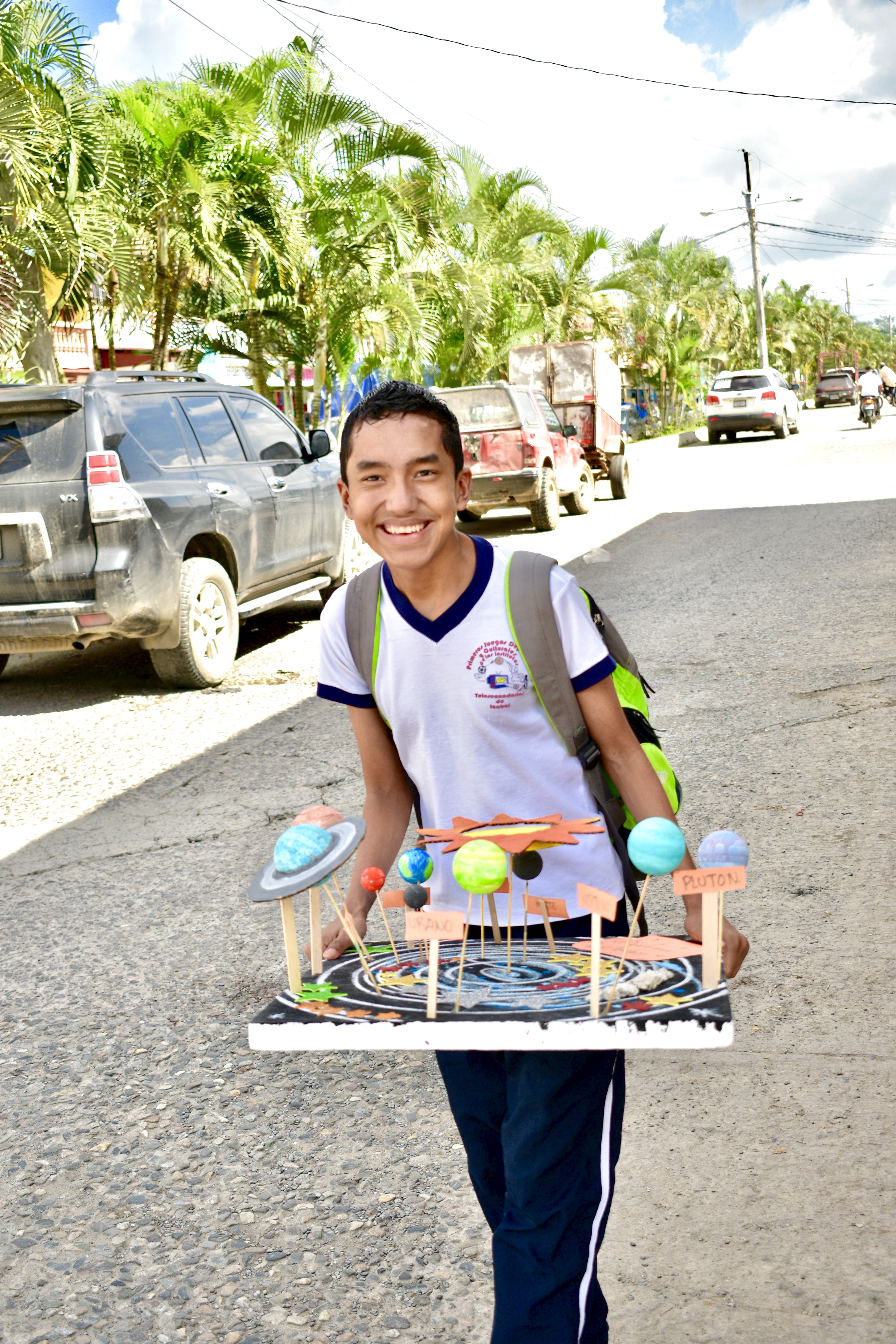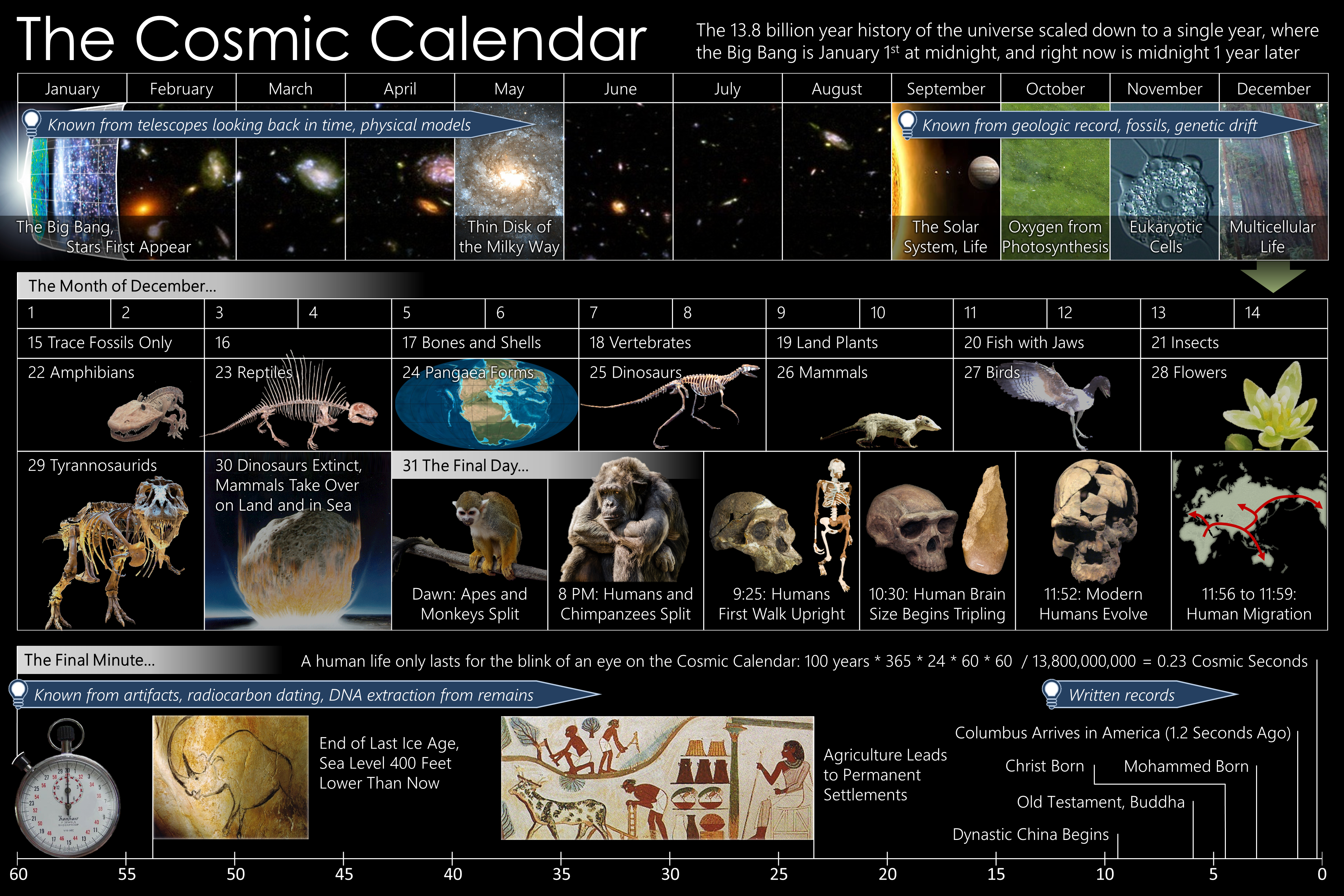|
BCIC College
Bangladesh Chemical Industries Corporation College, BCIC College, is a Private school, private higher secondary educational institution Dhaka, in Dhaka, Bangladesh. It is situated near the Bangladesh National Zoo, National Zoo of Bangladesh. Bangladesh Chemical Industries Corporation operates the institution. The intelligence officer of the Bangladesh Army manages this institution. It is a coeducation institution having different shifts for girls and boys. The institution is a double shift(morning and day) institution with over 2000 students. The institution has two separate campuses for each school and college. Both campuses are situated beside each other and operated by one chief principal. The school section has 1200 students, offering education from First grade, first to tenth grade. The college section offers Eleventh grade, eleventh-grade and Twelfth grade, twelfth-grade standards of education, having 900 students in total from Science education, Science, Commerce, and Hu ... [...More Info...] [...Related Items...] OR: [Wikipedia] [Google] [Baidu] |
Dhaka
Dhaka ( or ; bn, ঢাকা, Ḍhākā, ), formerly known as Dacca, is the capital and largest city of Bangladesh, as well as the world's largest Bengali-speaking city. It is the eighth largest and sixth most densely populated city in the world with a population of 8.9 million residents as of 2011, and a population of over 21.7 million residents in the Greater Dhaka Area. According to a Demographia survey, Dhaka has the most densely populated built-up urban area in the world, and is popularly described as such in the news media. Dhaka is one of the major cities of South Asia and a major global Muslim-majority city. Dhaka ranks 39th in the world and 3rd in South Asia in terms of urban GDP. As part of the Bengal delta, the city is bounded by the Buriganga River, Turag River, Dhaleshwari River and Shitalakshya River. The area of Dhaka has been inhabited since the first millennium. An early modern city developed from the 17th century as a provincial capital and ... [...More Info...] [...Related Items...] OR: [Wikipedia] [Google] [Baidu] |
First Grade
First grade (also called Grade One, called ''Year 2'' in England or Primary 2 in Scotland) is the first grade in elementary school and the first school year after kindergarten. Children are usually 6–7 years old in this grade. Examples by region Asia *In Israel, children enter the first grade (''kita aleph'') the year they turn six or seven. *In South Korea, First Grade, known as (''il-hak-nyeon''), begins in March when a child is six or seven years old. *In China, First Grade, known as (''yī nián jí''), begins in September when a child is six years old. *In Japan, First Grade, known as (''i-chi-nen-sei''), begins in April when a child is six years old. *In Singapore, First Grade (or more commonly, "Primary 1"), begins when a child is six years old. Child at least 6 years old on 1 January of a given year gain admission to P1. *In Bahrain, the minimum age for the first grade is seven years old. *In Bangladesh, First Grade (known as ''prothom sreni'') begins in Janu ... [...More Info...] [...Related Items...] OR: [Wikipedia] [Google] [Baidu] |
Sports
Sport pertains to any form of competitive physical activity or game that aims to use, maintain, or improve physical ability and skills while providing enjoyment to participants and, in some cases, entertainment to spectators. Sports can, through casual or organized participation, improve participants' physical health. Hundreds of sports exist, from those between single contestants, through to those with hundreds of simultaneous participants, either in teams or competing as individuals. In certain sports such as racing, many contestants may compete, simultaneously or consecutively, with one winner; in others, the contest (a ''match'') is between two sides, each attempting to exceed the other. Some sports allow a "tie" or "draw", in which there is no single winner; others provide tie-breaking methods to ensure one winner and one loser. A number of contests may be arranged in a tournament producing a champion. Many sports leagues make an annual champion by arranging games in a ... [...More Info...] [...Related Items...] OR: [Wikipedia] [Google] [Baidu] |
Science Project
A science project is an educational activity for students involving experiments or construction of models in one of the science disciplines. Students may present their science project at a science fair, so they may also call it a science fair project. Science projects may be classified into four main types. Science projects are done by students worldwide. Experimental projects Science class X Experimental projects, also known as investigatory projects, start with a question (AKA a hypothesis), use the scientific method to complete the research, and end with a report detailing the results and conclusions and an abstract. Engineering projects Engineering projects, also known as technology projects, start with a design of a machine or mechanical structure with the purpose of improving strength or performance. Researchers implement all their design ideas in a model they construct. The model will be tested to evaluate the design. Display projects Display projects involve a creat ... [...More Info...] [...Related Items...] OR: [Wikipedia] [Google] [Baidu] |
Math Olympiad
Mathematics competitions or mathematical olympiads are competitive events where participants complete a math test. These tests may require multiple choice or numeric answers, or a detailed written solution or proof. International mathematics competitions * Championnat International de Jeux Mathématiques et Logiques — for all ages, mainly for French-speaking countries, but participation is not limited by language. * China Girls Mathematical Olympiad (CGMO) — held annually for teams of girls representing different regions within China and a few other countries. * European Girls' Mathematical Olympiad (EGMO) — since April 2012 * Integration Bee — competition in integral calculus held in various institutions of higher learning in the United States and some other countries * Interdisciplinary Contest in Modeling (ICM) — team contest for undergraduates * International Mathematical Modeling Challenge — team contest for high school students * International M ... [...More Info...] [...Related Items...] OR: [Wikipedia] [Google] [Baidu] |
Debate
Debate is a process that involves formal discourse on a particular topic, often including a moderator and audience. In a debate, arguments are put forward for often opposing viewpoints. Debates have historically occurred in public meetings, academic institutions, debate halls, coffeehouses, competitions, and legislative assemblies. Debate has also been conducted for educational and recreational purposes, usually associated with educational establishments and debating societies. These debates put an emphasis upon logical consistency, factual accuracy, and emotional appeal to an audience. Modern forms of competitive debate also include rules for participants to discuss and decide upon the framework of the debate (how the debate will be judged). History Debating in various forms has a long history and can be traced back to the philosophical and political debates of Ancient Greece, such as Athenian democracy or Shastrartha in Ancient India. Modern forms of debating and the es ... [...More Info...] [...Related Items...] OR: [Wikipedia] [Google] [Baidu] |
Business Studies
Business studies, often simply called business, is a field of study that deals with the principles of business, management, and economics. It combines elements of accountancy, finance, marketing, organizational studies, human resource management, and operations. Business studies is a broad subject, where the range of topics is designed to give the student a general overview of the various elements of running a business. The teaching of business studies is known as business education. Countries in which the subject is taught under the name "business studies" include Mauritius, Oman, South Korea, Argentina, Australia, Bangladesh, Nepal, Brazil, Canada, Hong Kong, India, Ireland, Mexico, Singapore, Malaysia, Cambodia, Kenya, Poland, Malta, New Zealand, Nigeria, Pakistan, South Africa, Sri Lanka, Sweden, the United Kingdom, Zimbabwe and Indonesia. United Kingdom England Business studies can be taken as part of the General Certificate of Secondary Education (GCSE) option for Year ... [...More Info...] [...Related Items...] OR: [Wikipedia] [Google] [Baidu] |
Science
Science is a systematic endeavor that builds and organizes knowledge in the form of testable explanations and predictions about the universe. Science may be as old as the human species, and some of the earliest archeological evidence for scientific reasoning is tens of thousands of years old. The earliest written records in the history of science come from Ancient Egypt and Mesopotamia in around 3000 to 1200 BCE. Their contributions to mathematics, astronomy, and medicine entered and shaped Greek natural philosophy of classical antiquity, whereby formal attempts were made to provide explanations of events in the physical world based on natural causes. After the fall of the Western Roman Empire, knowledge of Greek conceptions of the world deteriorated in Western Europe during the early centuries (400 to 1000 CE) of the Middle Ages, but was preserved in the Muslim world during the Islamic Golden Age and later by the efforts of Byzantine Greek scholars who brought Greek ... [...More Info...] [...Related Items...] OR: [Wikipedia] [Google] [Baidu] |
Humanities
Humanities are academic disciplines that study aspects of human society and culture. In the Renaissance, the term contrasted with divinity and referred to what is now called classics, the main area of secular study in universities at the time. Today, the humanities are more frequently defined as any fields of study outside of professional training, mathematics, and the natural and social sciences. They use methods that are primarily critical, or speculative, and have a significant historical element—as distinguished from the mainly empirical approaches of the natural sciences;"Humanity" 2.b, ''Oxford English Dictionary'' 3rd Ed. (2003) yet, unlike the sciences, the humanities have no general history. The humanities include the studies of foreign languages, history, philosophy, language arts (literature, writing, oratory, rhetoric, poetry, etc.), performing arts ( theater, music, dance, etc.), and visual arts (painting, sculpture, photography, filmmaking, etc ... [...More Info...] [...Related Items...] OR: [Wikipedia] [Google] [Baidu] |
Commerce
Commerce is the large-scale organized system of activities, functions, procedures and institutions directly and indirectly related to the exchange (buying and selling) of goods and services among two or more parties within local, regional, national or international economies. More specifically, commerce is not business, but rather the part of business which facilitates the movement and distribution of finished or unfinished but valuable goods and services from the producers to the end consumers on a large scale, as opposed to the sourcing of raw materials and manufacturing of those goods. Commerce is subtly different from trade as well, which is the final transaction, exchange or transfer of finished goods and services between a seller and an end consumer. Commerce not only includes trade as defined above, but also a series of transactions that happen between the producer and the seller with the help of the auxiliary services and means which facilitate such trade. These auxiliary ... [...More Info...] [...Related Items...] OR: [Wikipedia] [Google] [Baidu] |
Science Education
Science education is the teaching and learning of science to school children, college students, or adults within the general public. The field of science education includes work in science content, science process (the scientific method), some social science, and some teaching pedagogy. The standards for science education provide expectations for the development of understanding for students through the entire course of their K-12 education and beyond. The traditional subjects included in the standards are physical, life, earth, space, and human sciences. Historical background The first person credited with being employed as a science teacher in a British public school was William Sharp, who left the job at Rugby School in 1850 after establishing science to the curriculum. Sharp is said to have established a model for science to be taught throughout the British public school system.Bernard Leary, 'Sharp, William (1805–1896)’, Oxford Dictionary of National Biography, Oxford ... [...More Info...] [...Related Items...] OR: [Wikipedia] [Google] [Baidu] |






